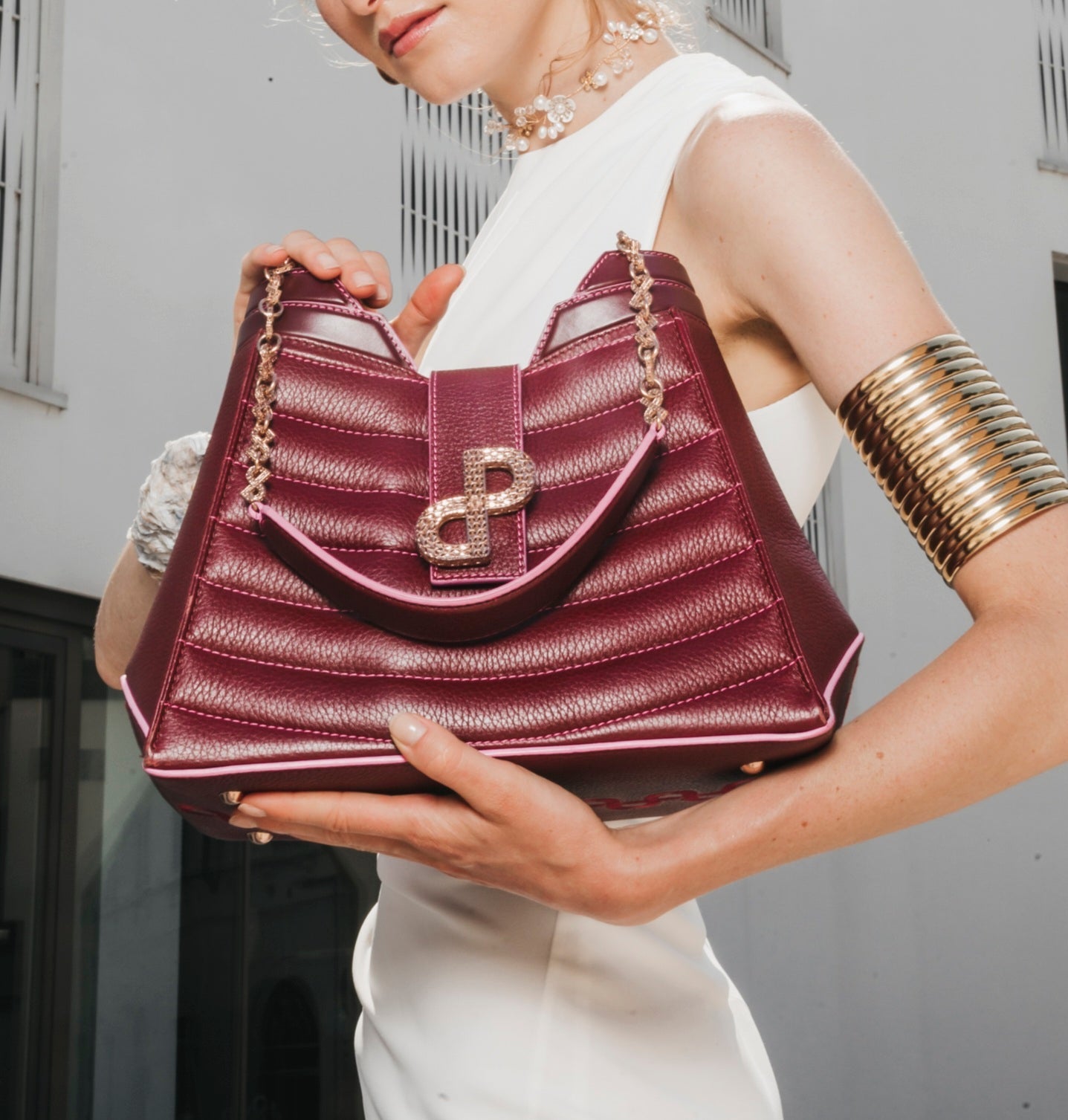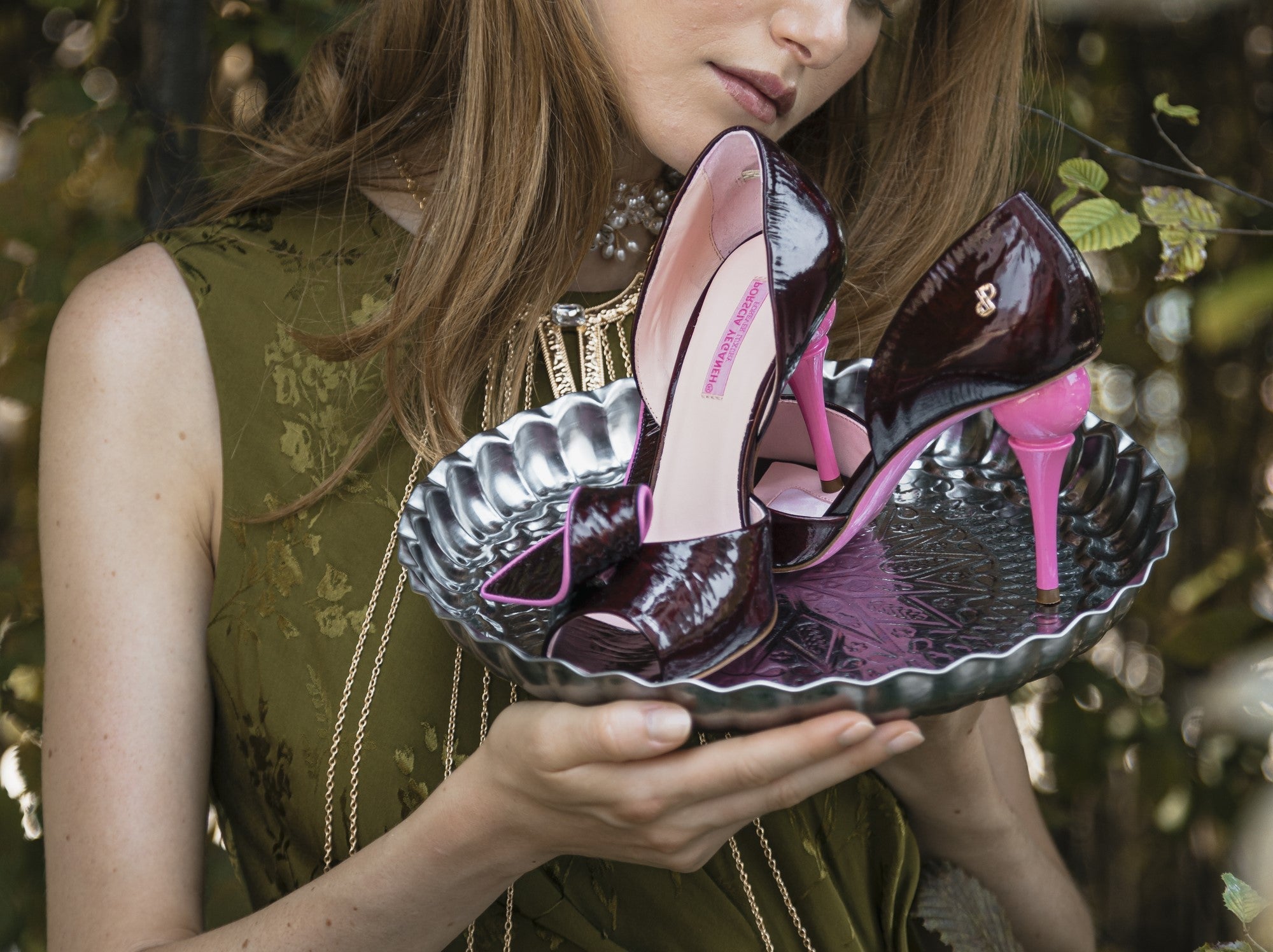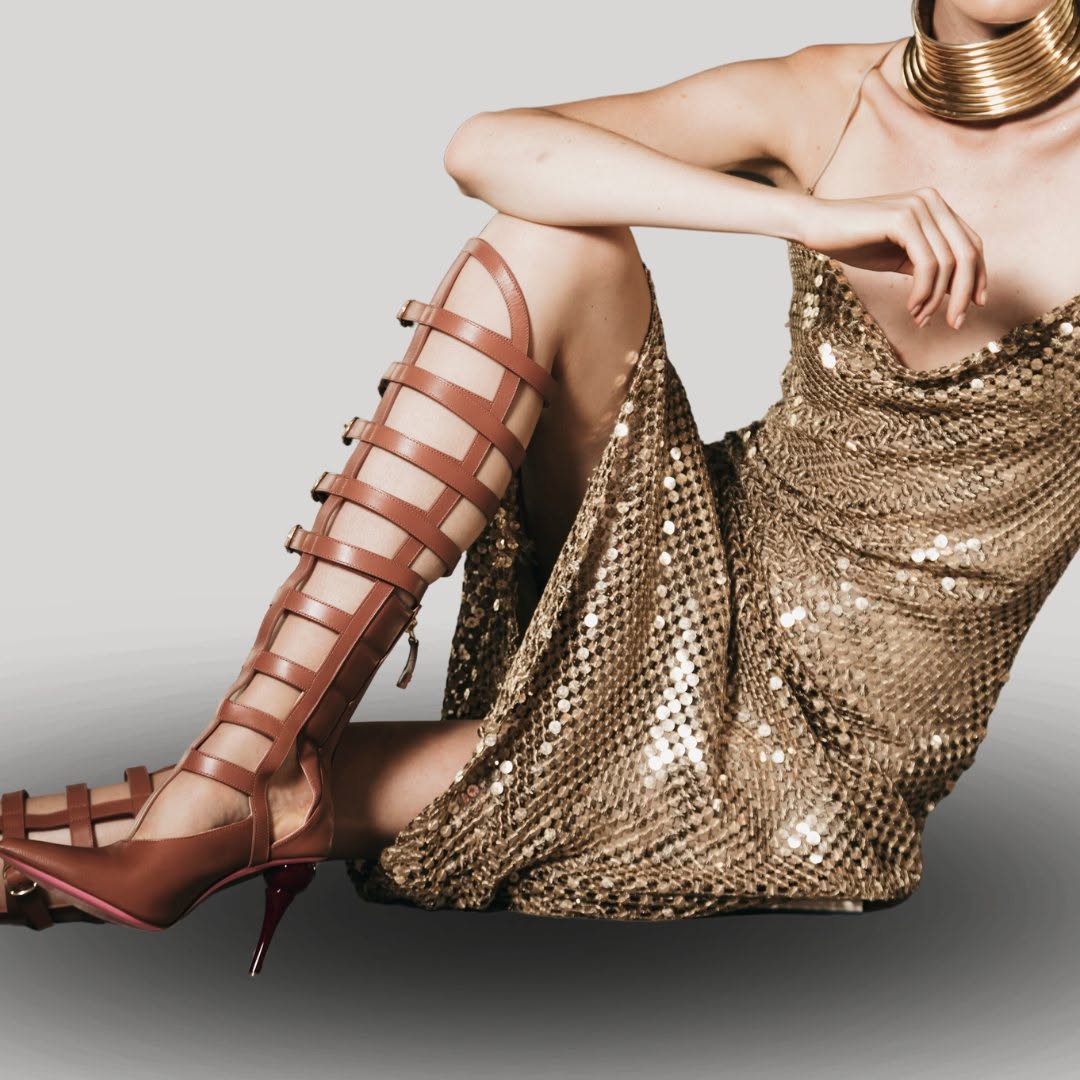
Dupe Culture: The New Challenge for Traditional Luxury Brands
Luxury fashion is facing an unexpected challenger: dupe culture. This trend, driven by social media and consumer demand for affordability, has sparked a wave of “dupe” products that mimic the look and feel of high-end brands at drastically lower prices. In an era where luxury brands are continually raising prices, many consumers are turning to these more accessible alternatives, fundamentally reshaping the market.
According to The Business of Fashion, dupe culture reflects growing frustration among consumers who feel locked out of traditional luxury due to sky-high prices. Influencers play a crucial role in this movement, promoting affordable “dupes” that replicate the luxury aesthetic without the luxury price tag. These products—designed to resemble iconic pieces but sold at a fraction of the cost—appeal to consumers who want the prestige of a luxury look without the financial strain.
How Dupes Blur the Lines of Luxury
For decades, exclusivity and premium pricing were the bedrock of luxury. Owning a designer piece signified status, quality, and access to something rare. However, as prices continue to soar, traditional luxury brands risk alienating the middle-class consumer who once aspired to buy into that world. Dupe products, often sold at accessible prices by fast-fashion brands or small online retailers, blur the line between what is genuinely exclusive and what simply “looks” exclusive.
While these dupes aren’t counterfeit—they don’t claim to be the original product—they offer a nearly identical aesthetic, undermining the visual distinction that luxury brands rely on. The reality is stark: in a society where everyone can access the look of luxury, the true essence of exclusivity becomes diluted.
The Cost of Authenticity in a Dupe-Driven World
The rise of dupe culture also raises questions about authenticity. When similar-looking products flood the market at vastly different price points, consumers begin to question what they’re actually paying for in luxury. Are they buying superior craftsmanship, or merely a brand name? This is where dupe brands shine—they satisfy a consumer’s desire for the latest trends without the guilt of a luxury price tag.
Luxury brands, by contrast, now face the challenge of justifying their pricing. According to Harper’s Bazaar, this shift has prompted established brands to rethink their strategies, focusing on transparency and storytelling to convey the unique value of their products. By re-emphasizing quality, heritage, and ethical production, they can differentiate themselves from fast-fashion imitators
Opportunities for Emerging Brands
In this changing landscape, new luxury brands are emerging with a fresh take on exclusivity. These brands are seizing the opportunity to connect with consumers who crave genuine quality and ethical craftsmanship over brand status. By focusing on limited production, sustainable sourcing, and innovative storytelling, they cater to an audience disillusioned by mainstream luxury.
Brands like PORSCIA YEGANEH® represent this new wave of “authentic luxury.” They offer pieces that are meticulously crafted, traceable via blockchain technology, and designed to stand apart from the masses. In an age where social media creates endless sameness, these brands are bringing individuality back to luxury.
The Future of Luxury: Beyond the Label
As dupe culture reshapes consumer expectations, it’s clear that the future of luxury will depend on more than just a logo or celebrity endorsement. Consumers now seek pieces that tell a story, reflect sustainability, and offer something truly unique. For established luxury brands, this is a moment to return to their roots, prioritizing quality and heritage over hype.
The popularity of dupe culture signals that luxury consumers are ready for something deeper than the status quo. They want luxury that feels personal and rare—not just expensive. As established brands grapple with these changes, new brands have the chance to step into the spotlight, offering what mainstream luxury no longer does: authenticity, individuality, and a commitment to true craftsmanship.
In this new era, brands that embody these values will lead the charge, redefining luxury for a generation that prizes meaningful ownership over fleeting status. The rise of dupe culture isn’t just a challenge; it’s a wake-up call, inviting luxury to evolve into something more genuine, more inclusive, and, ultimately, more enduring.



Leave a comment
This site is protected by hCaptcha and the hCaptcha Privacy Policy and Terms of Service apply.